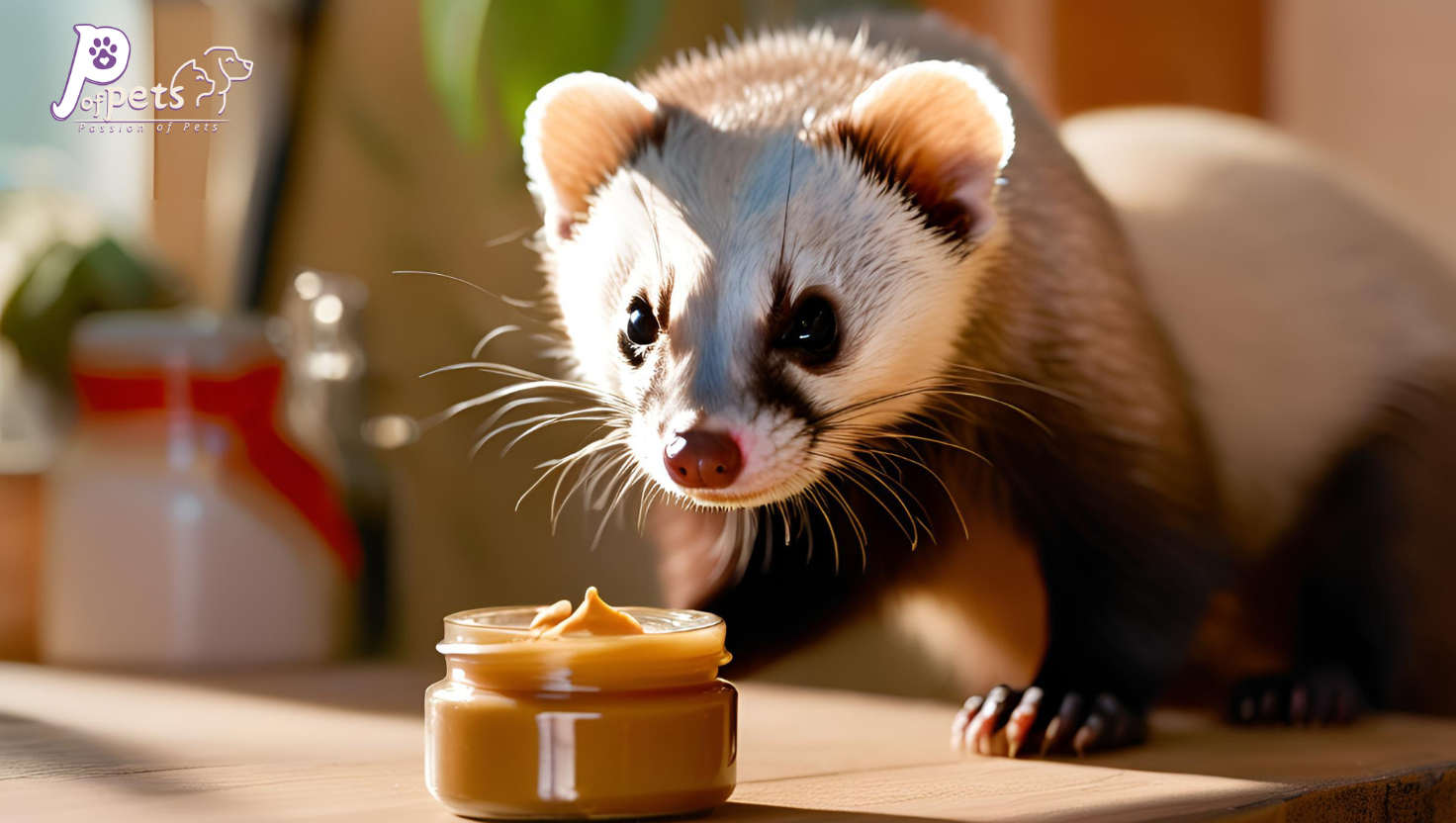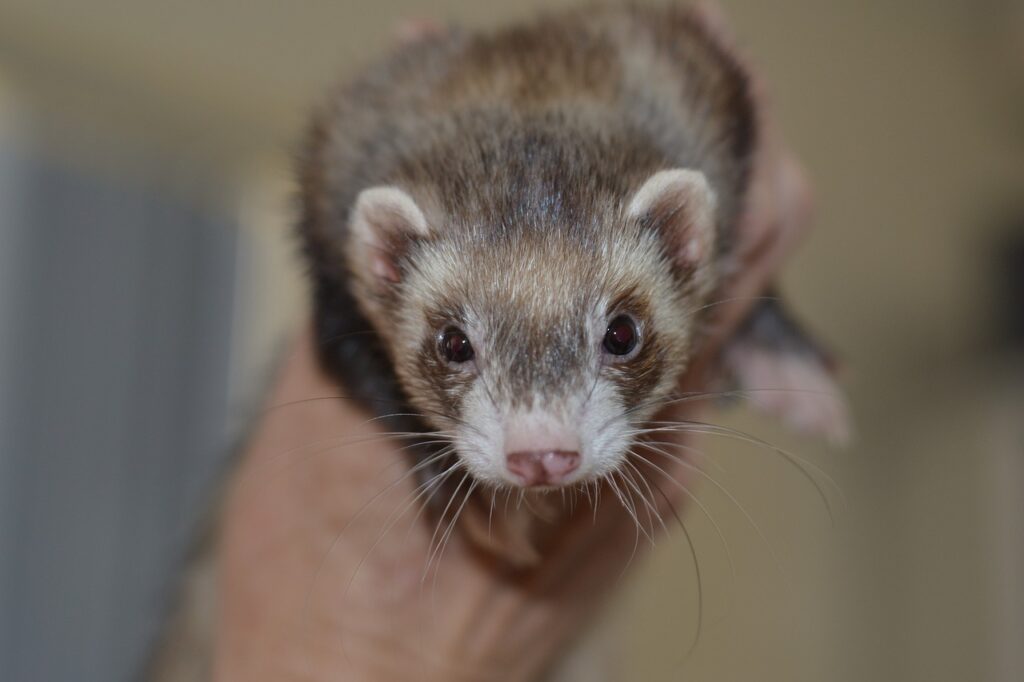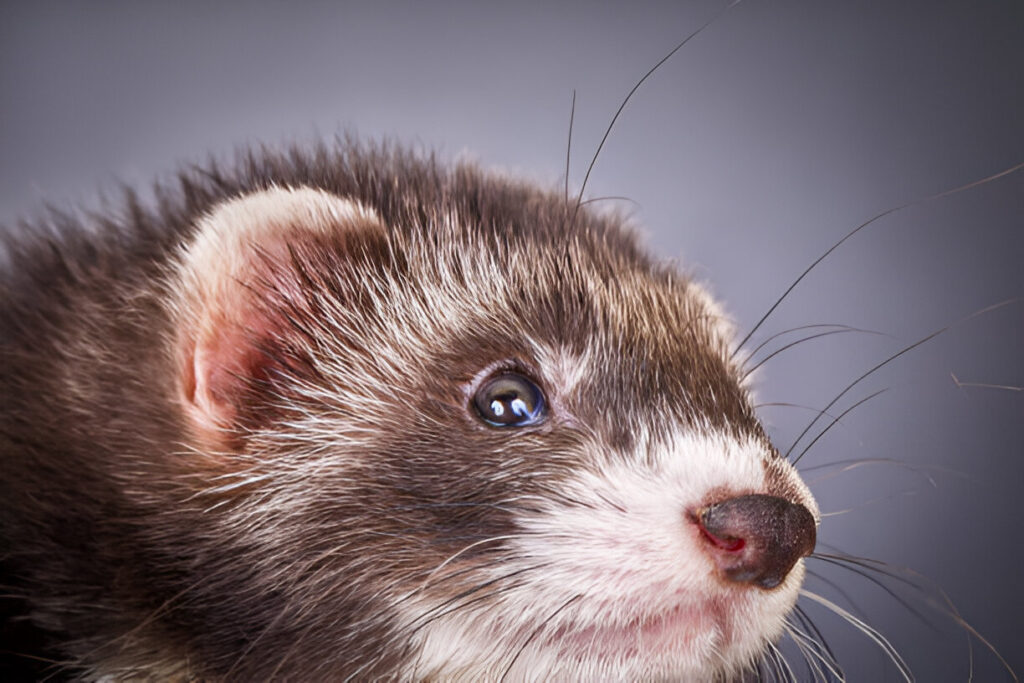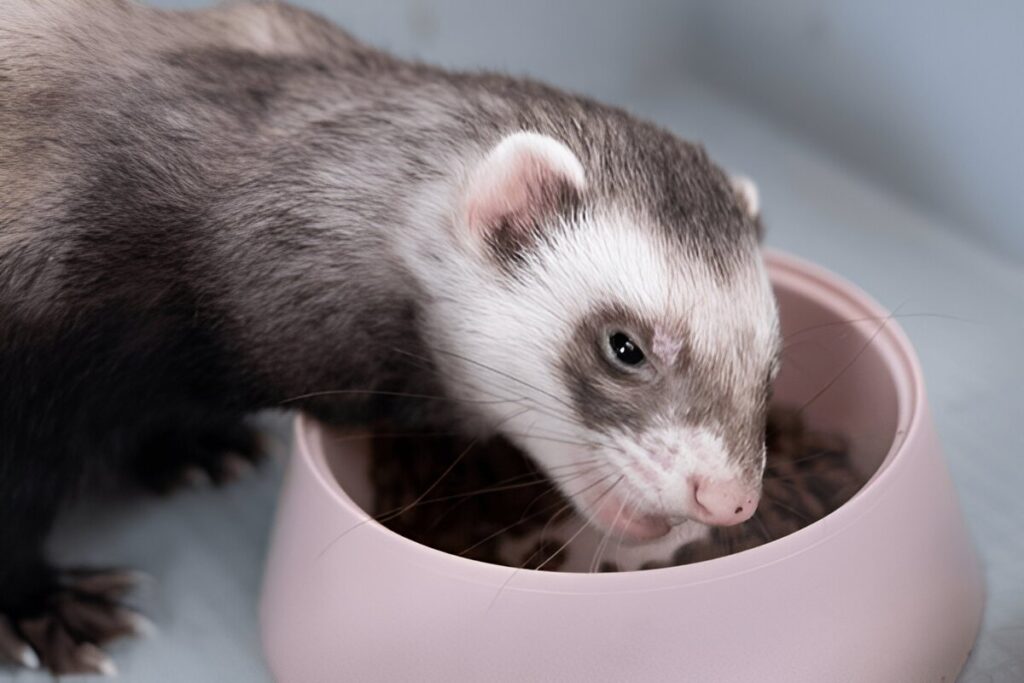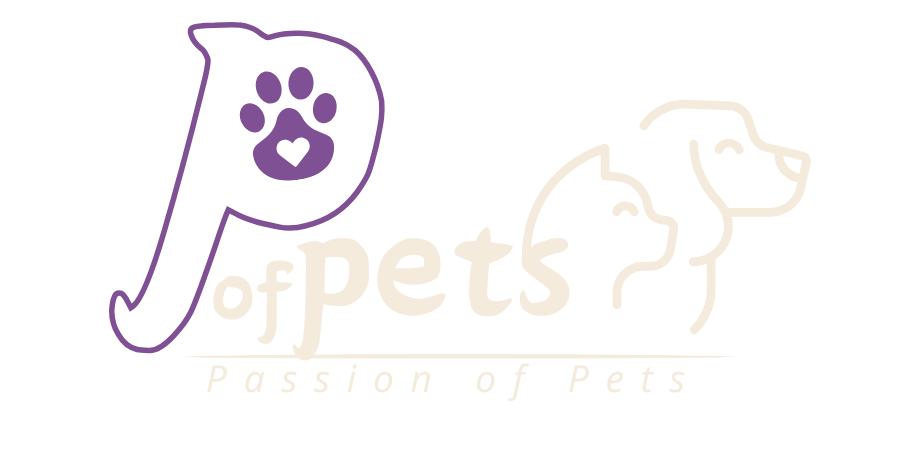Can Ferrets Eat Peanut Butter? What You Need to Know
Ferrets are curious, playful, and mischievous little creatures that have become popular pets for many animal lovers. As a ferret owner, you’re likely always on the lookout for fun treats to share with your furry friend. But when it comes to their diet, ferrets have very specific nutritional needs. One common question that arises is: Can ferrets eat peanut butter? The short answer is no, ferrets cannot have peanut butter; however, to understand exactly why, one needs to understand the subject on a deeper basis.
Understanding a Ferret’s Diet
Ferrets are obligate carnivores, which means their bodies are designed to thrive on a diet that consists almost entirely of meat. In the wild, ferrets hunt small prey like mice, rabbits, and birds. Their digestive systems are short and efficient, optimized for processing high-protein, high-fat, and low-fiber foods. Unlike omnivores or herbivores, ferrets lack the ability to digest plant-based foods effectively.
A healthy ferret diet should include:
- High-quality ferret kibble (specifically formulated for ferrets)
- Raw or cooked meats (like chicken, turkey, or beef)
- Occasional treats like eggs or small amounts of fish
Ferrets have a fast metabolism and need to eat frequently, but their treats and meals should always align with their carnivorous nature.
Why Peanut Butter is a No-Go for Ferrets
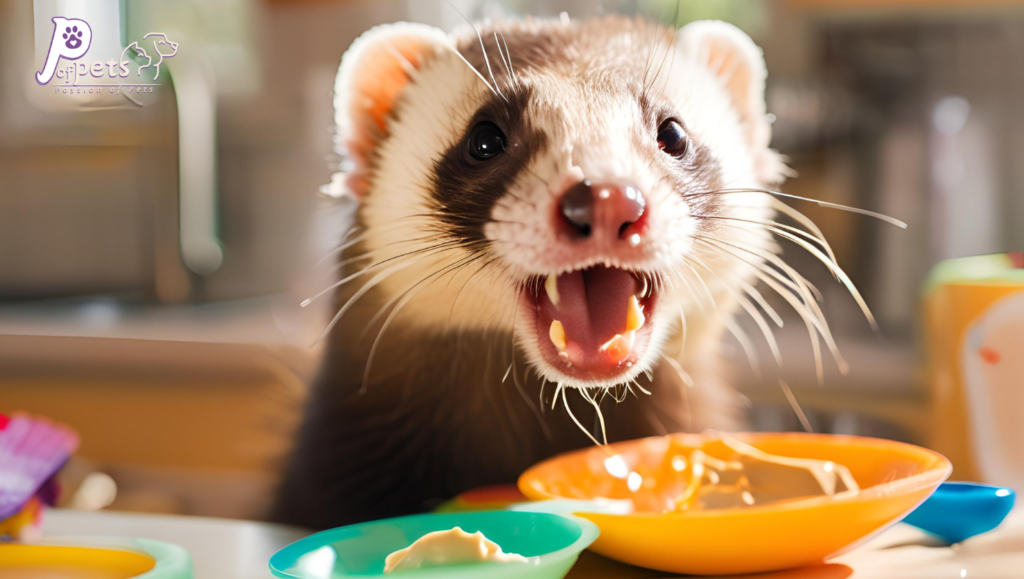
While it may seem harmless, peanut butter isn’t a good treat for ferrets due to a number of reasons. Ferrets have very specific dietary needs; their bodies are just not built to handle many of the ingredients in human foods. Here’s a more detailed explanation of why peanut butter is a no-go for ferrets.
High Sugar Content
Most commercial peanut butters have added sugars in them, and those are no good for your ferrets. Ferrets have a very short and simple digestive tract that is only designed to process animal proteins and fats efficiently, not carbs or sugars. Their bodies cannot efficiently metabolize sugars, and consuming them results in a host of health problems. Probably the most dangerous health problem that has been associated with sugar consumption in ferrets is insulinoma, a cancerous condition of the pancreas.
This is because insulinoma causes the pancreas to secrete too much insulin, thus causing blood sugar levels to fall to dangerously low levels. Symptoms are characterized by lethargy, drooling, generalized weakness, and even seizures. Chronic cases may turn fatal unless properly taken care of.
High Fat Content
While ferrets need a high-fat content diet, the fats contained in peanut butter are just not the right type for them. Ferrets are obligate carnivores, meaning their bodies are designed to process animal-based fats, not plant-based fats as with those from nuts or seeds. Most of the fats in peanut butter are unsaturated; hence, they cannot be converted into energy by a ferret’s body efficiently. This can lead to nutritional imbalances and, over time, may even cause obesity or other metabolic issues.
In addition, the high fat content in peanut butter burdens the already-strained liver and pancreas of a ferret due to its high-protein, high-fat diet.
Choking Hazard
The sticky and thick consistency of peanut butter presents a great choking hazard for ferrets. Ferrets have small throats and delicate systems, and their digestive system is not designed to handle anything too thick or sticky. In most instances, when trying to eat peanut butter, it gets in the way in the mouth or throat of ferrets, causing difficulty in breathing or swallowing.
Sometimes, if in a severe situation, this may cause choking or even aspiration, wherein peanut butter is inhaled into the lungs and could give rise to respiratory distress or infection.
Digestive Issues
Ferrets lack the enzymes to digest peanut butter and other plant material. Their digestive systems are specialized for meat, and the addition of plant material can cause significant gastrointestinal upset. Ingestion may result in diarrhea, vomiting, and abdominal pain. Prolonged feeding with inappropriate foods like peanut butter can disrupt the fragile balance of the gut flora and lead to chronic digestive problems and malnutrition.
Additives and Preservatives
Many commercial peanut butter brands have additives and preservatives that are highly toxic to ferrets. For example,
Salt: High intake of salt leads to dehydration, renal impairment, and hypertension in your ferret.
Artificial Sweeteners: Some peanut butter products include xylitol – a sugar alternative, highly dangerous for pets. Xylitol leads to insulin spikes in a ferret, thus resulting in hypoglycemia, seizure, and possibly liver failure.
- Hydrogenated Oils: Many manufacturers add this form of unsavory fats into peanut butter, which works great for enhancement of texture and long storage. In ferrets, however, this contributes to heart diseases and obesity.
Nutritional Imbalance
Another adverse effect from feeding peanut butter is nutritional imbalance. Ferrets are carnivores, and thus they need to receive a big portion of nutrition in animal-based proteins-about 30-40%-and significant fat portions-about 15-20%-with limited carbs. While good, peanut butter has a relatively low protein amount with high proportions of carbohydrates and vegetable-based fat.
Feeding your ferrets on a large dose of it replaces the necessary ingredients in your diet and increases nutritional deficiencies-very critical conditions of taurine for instance that maintains or upholds ferret heart and eye health, among other systems.
Safer Alternatives
There are plenty of safer treats for your ferret than peanut butter. A few examples of better rewards include small slivers of cooked chicken or turkey and other treats specifically formulated for ferrets to get nutrients they may not receive elsewhere. Always avoid high sugar, carbohydrate, or plant-based food.
What Happens if a Ferret Eats Peanut Butter?
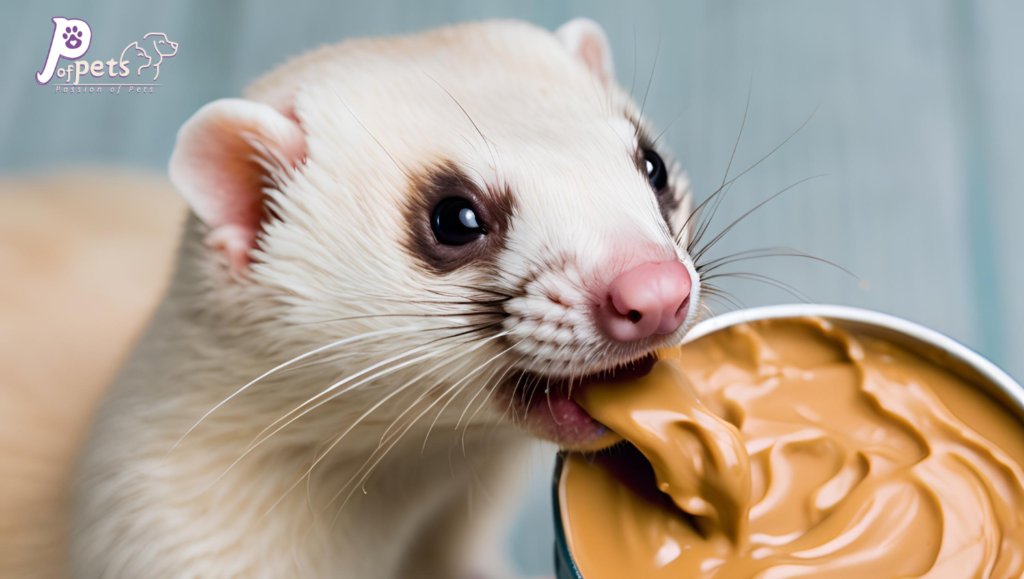
If your ferret accidentally eats a small amount of peanut butter, they’ll probably be just fine, but be on your toes. Being a curious critter, sometimes ferrets like to get in for a taste when they should not, so owners find themselves in this predicament rather frequently. While a small amount of peanut butter-licking or nibbling most likely will not harm your ferret immediately, you should still keep an eye on your pet for the next 24-48 hours.
Watch for signs of distress such as vomiting, diarrhea, lethargy, or difficulty breathing. These symptoms could indicate that the peanut butter is causing digestive upset or, in rare cases, a choking hazard.
If your ferret ingests a large quantity of peanut butter or develops any alarming symptoms, it is important to seek immediate attention from your veterinarian. In large amounts, the peanut butter can easily overwhelm the digestive system and cause severe gastrointestinal distress or obstruction.
If the peanut butter also contains toxic additives, such as xylitol-a common artificial sweetener-it could be poisonous and may demand immediate medical intervention. Always err on the side of caution and consult a professional if you’re unsure.
Safe Treat Alternatives for Ferrets
If you’re looking for safe and healthy ways to spoil your ferret, there are plenty of options that align with their dietary needs. Ferrets are obligate carnivores, meaning their bodies thrive on animal-based proteins and fats. Here are some excellent treat choices that are both delicious and nutritious for your furry friend:
1. Cooked Meat
- Small pieces of cooked chicken, turkey, or beef make great treats for ferrets. These meats are rich in animal protein and fats, which are important in maintaining your ferret’s health. The meat should be plain; do not season it with salt, sauces, or oils, as these can be harmful. Cooked meats are also one of the best ways to bond with your ferret, as they will associate you with tasty rewards in no time.
2. Eggs
Eggs are a real favorite among ferrets! Not only are eggs an excellent source of protein, but they also contain healthy fats and hence work well as the occasional treat. You can give your ferret a small portion of scrambled or boiled egg. Just be sure to cook the egg completely to avoid any risk of salmonella. Eggs should be given in moderation; too much of it will disrupt the balance of their diet.
3. Ferret-Specific Treats
- There are commercially available treats formulated specifically for ferrets through many pet stores. These are meant to fulfill their special nutritional needs and come quite handy for the busy owner of ferrets. They should contain a high amount of animal protein and less carbohydrate. Always check the ingredient list to ensure there are no harmful additives or fillers.
4. Freeze-Dried Meat
- Freeze-dried chicken, duck, or other meats are convenient and healthy options for treats. These retain a lot of nutritional value and are easy to store. They’re also great ways to provide variety in your ferret’s diet. Just make sure the freeze-dried meat is 100% pure with no added salts, seasonings, or preservatives.
5. Raw or Cooked Organ Meats
As an occasional treat for your ferret, liver, kidney, or heart is nutritious organ meats. As a matter of fact, these meats contain a high volume of vitamins and minerals necessary for maintaining the well-being of your pets. If you must feed raw organ meats, make sure they are fresh and from a good supplier to avoid bacterial contamination.
While it is a lot of fun to spoil your ferret, it is just as important to know what not to feed them. Avoid high-sugar, carbohydrate, and plant-based ingredients since these may lead to health issues. Common foods to avoid include:
- Fruits and vegetables: Ferrets are unable to digest plant matter very well.
- Dairy products: Ferrets are lactose intolerant and cannot process dairy.
- Processed human foods: Chips, crackers, and other snacks are high in salt, sugar, and unhealthy fats.
- Chocolate and caffeine: These are toxic to ferrets and can be fatal.
Moderation is Key
Even healthy treats should be given in moderation. Overindulging in treats can lead to obesity, nutritional imbalances, or digestive issues. Treats should make up no more than 10% of your ferret’s daily diet. The majority of their nutrition should come from a high-quality, ferret-specific kibble or raw diet that meets their unique needs.
How to Keep Your Ferret Healthy
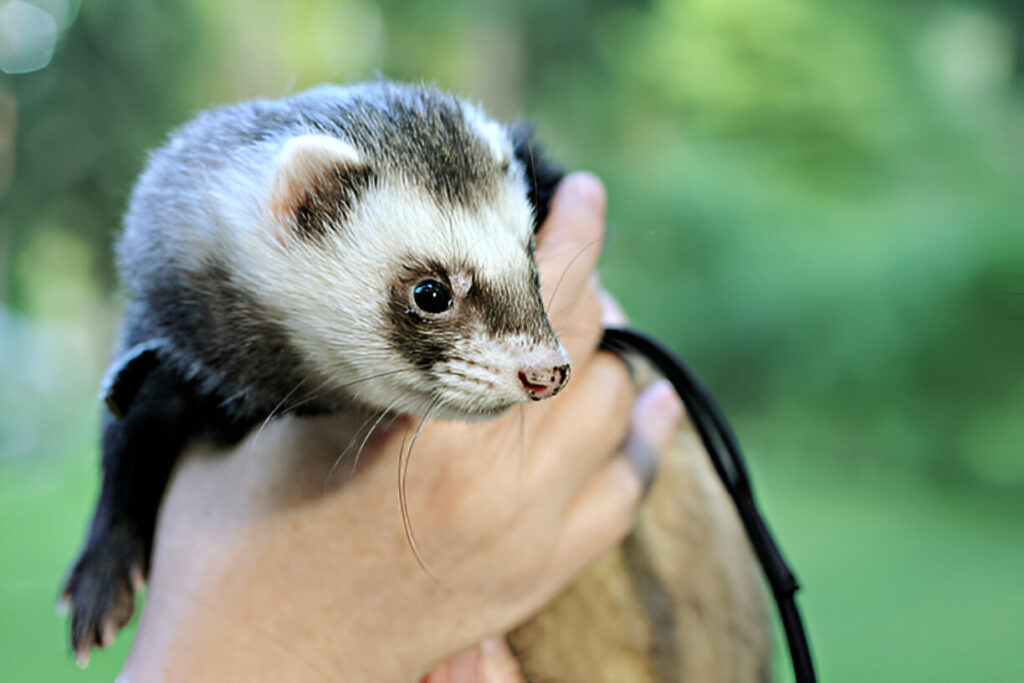
A balanced diet is just one part of keeping your ferret healthy. Here are some additional tips:
- Regular Vet Checkups: Ferrets are prone to certain health issues, so regular vet visits are essential.
- Plenty of Exercise: Ferrets are highly active animals and need plenty of time outside their cage to play and explore.
- Mental Stimulation: Provide toys, tunnels, and interactive activities to keep your ferret entertained.
- Clean Living Environment: Keep their cage clean and provide fresh water daily.
Final Thoughts
While peanut butter might be a tasty treat for humans (and some pets), it’s not safe for ferrets. Their unique dietary needs as obligate carnivores make it important to stick to foods that are high in animal protein and low in sugar and carbohydrates. By offering your ferret a proper diet and safe treats, you’ll help ensure they live a long, happy, and healthy life.
If you’re ever unsure about what foods are safe for your ferret, consult your veterinarian. They can provide guidance tailored to your pet’s specific needs. Remember, when it comes to your ferret’s health, it’s always better to be safe than sorry!
Do you have any other questions about ferret care? Let us know in the comments below! And if you found this post helpful, share it with other ferret owners to spread the word about proper ferret nutrition. 🐾
Yuns Legdm is a passionate advocate for pet care and the founder of this website, dedicated to providing valuable information for fellow pet lovers and veterinary professionals worldwide. With a deep love for animals, Yuns created this platform to connect passionate pet owners with expert insights from veterinarians around the globe.
This website grows with you—the passionate pet owners and veterinary experts—creating a trusted space where knowledge, experience, and love for animals come together. Whether you’re seeking advice on pet health, nutrition, or general well-being, this platform is here to support you on your journey of responsible and loving pet care.

